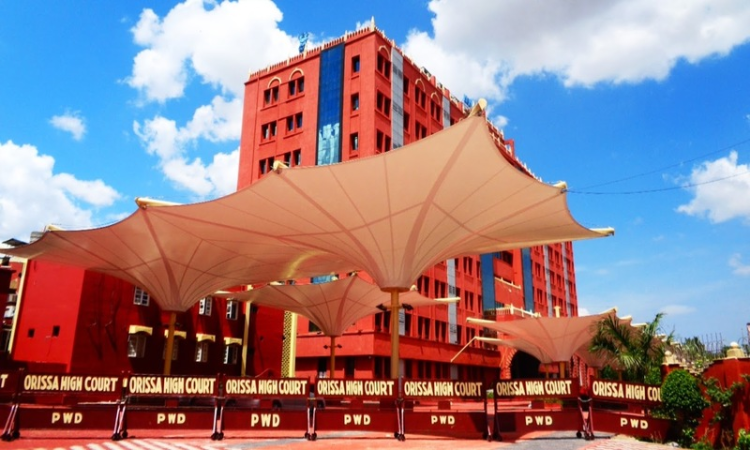The Orissa High Court has reiterated that an arbitral award cannot be set aside on the ground of breach of fundamental principles of justice, if the findings of the Arbitral Tribunal do not shock the conscience of the Court. The Single Bench of Justice K.R. Mohapatra held that even if the material available before the Arbitral Tribunal is not sufficient to come to the conclusion...

